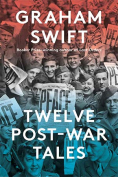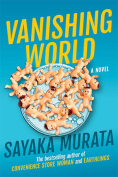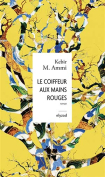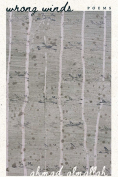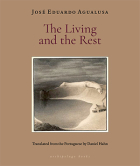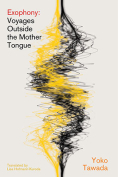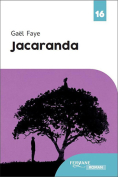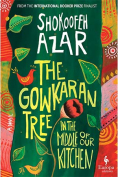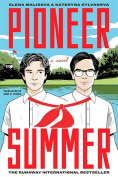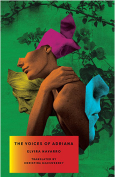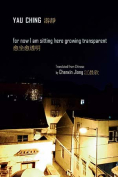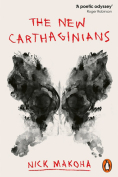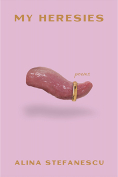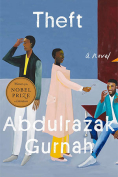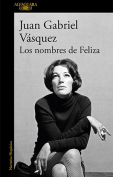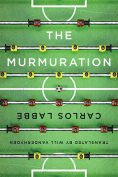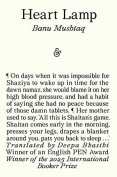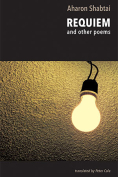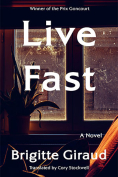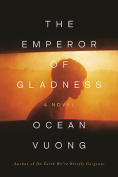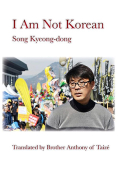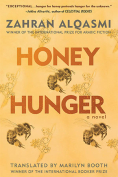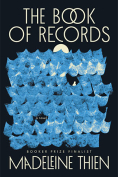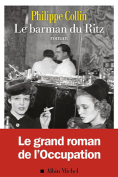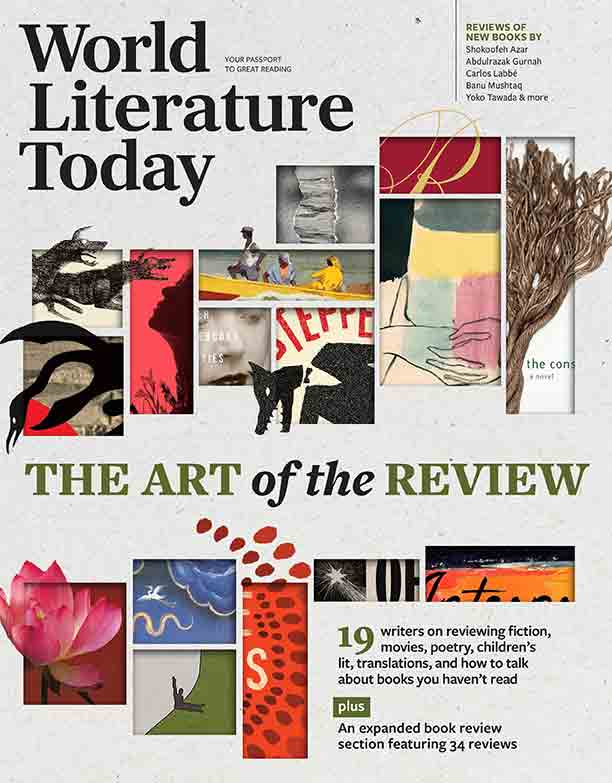I Am Not Korean by Song Kyeong-dong
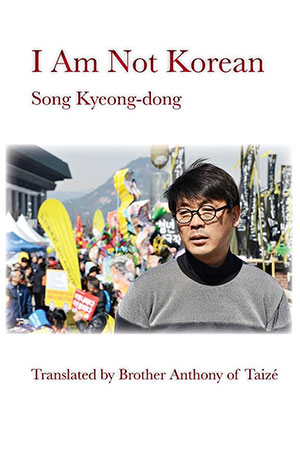
Anderson, South Carolina. Parlor Press. 2025. 96 pages.
Written from scenes of protest, police stations, factories, dreams, courtrooms, bedrooms, etc., an unflinching, pragmatic gaze inhabits these quietly ferocious poems. Song Kyeong-dong’s ethics seek fearlessly to make visible the truthfulness of subjugation to powers that remain authoritarian, often violent, and otherwise indifferent. Here is a “realist wielding fiercely the scalpel of practicality” with the incisive precision of a surgeon: Song’s memorializing tones shift from exculpatory to despairing to humorous, his worldview unfalteringly always communitarian.
In a book where anger at systemic injustice seems warranted, we instead locate tones far more humanizing: the “globalization / that imperialism has tried to establish with the use of shells / we will establish with the very old-fashioned conventional weapons / known as love and compassion.” Song’s broader revolutionary poetics remain sapient, not ideological, and the poet seeks always for ways to “grow more ardent.” The endgames in I Am Not Korean slant effortlessly toward kinship, care, allyship, and solidarity.
This book understands that, directly or otherwise, factories produce graves; many of these poems bear dedications to workers who have died in accidents or who have been violently killed (by police; by strikebreakers; or by their own hand, in final acts of either protest or desperation). Of course, the question at this book’s core tacitly remains, What is it to be Korean? Amid the relatively recent return of overt political malfeasance, and generations into Korea’s anarchic turbocharged capitalism, Song’s contrarian voice remains as if a gravitationally grounding force.
The shame he feels is clearest in Korea’s economic colonization of South and Southeast Asia, where workers are not only economically exploited but murderously oppressed when voicing their dissent. Part of this book’s impetus, then, is not only speaking up in solidarity on behalf of those who are being silenced but speaking also in tones of (self-)rebuke and disgust. Song’s creative labors make visible the obvious but unseen and ascribe human faces to those being effaced and erased: “I am Korean / No, I’m not a Korean. / I am Song Kyung-dong. / No, I am not Song Kyung-dong. / I am Pirun, Pabi, Phok, Seron, / Parveen Aktar. / Countless names, / countless . . . pain, suffering, despair / disgrace.”
All of which brings to mind Walter Benjamin’s oft-repeated chiasmus from the early twentieth century in which, confronted with the aestheticization of politics, writers and others rose to the challenge of politicizing their artwork. In the book’s preface, Song issues a fiat: in our era of global precarity, “it has to be the universal duty of contemporary literature to go beyond this present century of fraud, monopoly, and violence, and dream again.” However, the work remains not only for creative producers but readers, too, and I Am Not Korean is too savvy to pretend it has revolutionary resolutions to struggles that are both historical and persisting. Instead, the onus is on each of us to keep questioning: “Which way should we go / in order to make our voices heard?”
Benjamin again: if literature works toward a “socialization of the intellectual means of production,” then “only one demand” remains for writers: “to think, to reflect on [their] position in the process of production” (“The Author as Producer,” 1934). When Song Kyeong-dong asks his readers “what kind of world do you live in?” this “participatory poet and resistance activist” is asking each of us to dream with inclusion, humanism, and vision. By these means alone, “the overall structures of society [might] be changed.”
Dan Disney
Sogang University, Seoul
